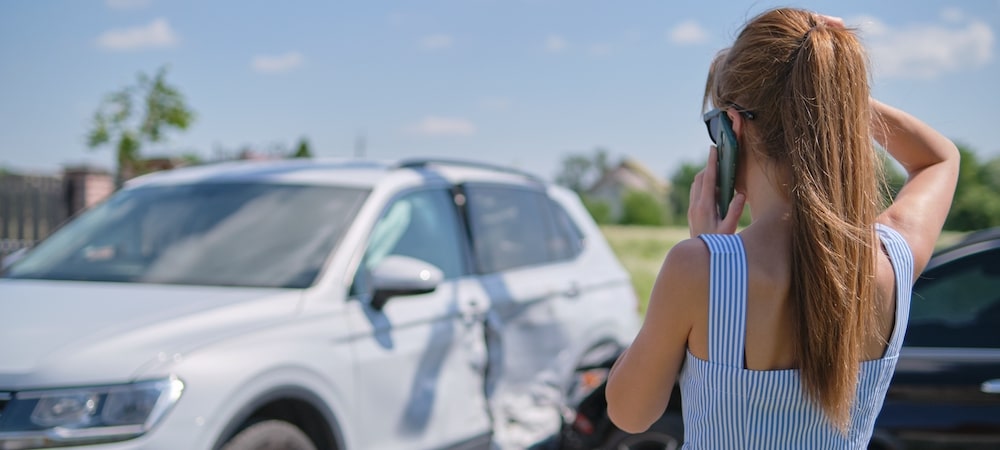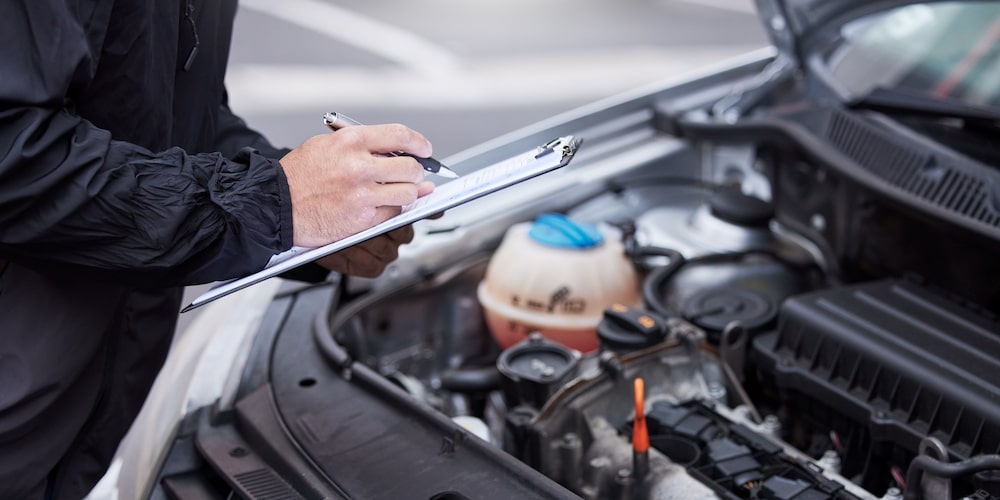Parking regulations in Illinois are designed to ensure the safety and efficiency of traffic flow, as well as to guarantee that emergency services can respond to calls without delay. These laws apply to various situations, including but not limited to how close one can park to public driveways, fire hydrants, fire stations, crosswalks, and traffic control devices. It is important for drivers in the state to be familiar with these rules to avoid fines and maintain orderly streets.
Local municipalities in Illinois have the authority to establish additional parking regulations to suit their specific needs. Therefore, drivers will often encounter signs indicating such local rules, which may vary from one place to another. While some regulations are universally applicable across Illinois, others are unique to particular cities and districts. Understanding the Illinois parking laws can help prevent parking infractions and contribute to the overall accessibility of roadways for everyone.
Residents and visitors alike should be aware of Illinois’ rules of the road, which include protocols for parking on different gradients, such as hills, and outline how vehicles should be secured in such conditions. Being informed about these parking rules is crucial for anyone operating a vehicle within the state, as it not only prevents penalties but also ensures public thoroughfares remain unobstructed for all road users.
General Parking Regulations
Parking regulations in Illinois are designed to ensure public safety and the efficient flow of traffic. Compliance with these laws is mandatory, and understanding the specifics helps to avoid violations and potential fines.
Public and Private Driveways
In Illinois, one must never park in front of public or private driveways. Blocking these access points can hinder the entry and exit of vehicles, impeding emergency responders and inconveniencing property owners.
Prohibited Areas by Signs
The presence of official signs is critical to maintaining order on the roads. These signs indicate where parking, stopping, and standing are strictly prohibited. Drivers should always observe and adhere to the instructions on these signs to maintain compliance with local parking regulations.
Parking Meter Rules
Regulations surrounding parking meters demand attention to posted time limits and payment requirements. Failure to adhere to these rules can lead to fines. Parking meters are typically enforced during designated hours, which are clearly displayed on or near the meter.
Specific Parking Rules
In Illinois, drivers must adhere to precise regulations that govern where and how they can park their vehicles. These rules are designed for the safety and convenience of all road users and vary based on location and conditions.
Street and Highway Parking
When parking on streets and highways, vehicles must be positioned parallel to the curb with the right-hand wheels within 12 inches of it. On a divided highway or highway tunnel, stopping or parking is generally prohibited. The same applies to sections of roads marked as controlled access highways. Importantly, where there’s a curb immediately opposite another, drivers should not park on the roadway side of a vehicle already stopped or parked at the edge.
Special Parking Spaces
Illinois law designates special parking spaces for different categories of drivers. Parking spaces reserved for persons with disabilities are clearly marked and require proper identification for usage. Unauthorized use of these spots can result in significant fines as detailed by Illinois regulations.
Parking During Specific Conditions, Like Hill Parking
When parking on a hill, vehicles should have their parking brake engaged and wheels turned to prevent the vehicle from rolling onto the street. For uphill parking where there is a curb, the front wheels should be turned away from the curb. If downhill, the wheels should be turned towards the curb. When nearest rail on a railway crossing, parking is not permitted within 50 feet to ensure the safety of rail traffic and road vehicles.
Rules for Stopping and Standing
In Illinois, the laws pertaining to stopping, standing, and parking are clear and must be adhered to closely to ensure the proper flow of traffic and safety of pedestrians. Two critical aspects are observance of traffic signals and regulations around fire hydrants.
Traffic Signal Observance
Traffic control signals are installed at various locations to regulate vehicle and pedestrian traffic. Under Illinois law, it’s imperative that no vehicle shall stop or stand in front of a public or private driveway, an alley, or a street crossing when a traffic control signal is present, unless directed by a police officer or according to an official traffic control device. Vehicles must also not block crosswalks, thereby ensuring pedestrian safety and compliance with traffic orders.
Do not stop or stand in front of driveways, near alleyways, or at street crossings.
Fire Hydrant Proximity
Another significant rule to observe is the required distance when parking near a fire hydrant. It is illegal to stop, stand, or park a vehicle within 15 feet of a fire hydrant. This regulation ensures that fire services have unhindered access in case of an emergency, which can save property and lives.
Illinois parking regulations are designed for safety and to minimize disruptions to traffic flow. For a comprehensive understanding and the full scope of the law, we encourage you to review the specific details found in the Illinois Vehicle Code.
Parking for Disabled Persons
In Illinois, accessible parking is a necessity for those with disabilities. Facilities that offer parking must adhere to specific guidelines to support these individuals. An accessible parking space consists of a vehicle space and a diagonally striped access aisle, ensuring both availability and ease of use for people with disabilities.
Parking privileges for individuals with disabilities are clearly defined under the law. These privileges include the use of designated spaces which are marked with the International Symbol of Access. Only vehicles displaying the proper registration plates or decals can legally park in these spaces.
Illegal Use Prohibited:
- It is unlawful for a person without a disability to occupy a space reserved for disabled individuals without proper authorization.
- Violation of these parking regulations can result in substantial fines and penalties.
Obtaining a Placard or Plates:
- To obtain a placard or disability license plates, one must have a certification of disability completed by a licensed physician.
- Applications and additional information on obtaining this certification can be found here.
Proper Maintenance:
- Property owners are responsible for keeping accessible parking spaces and access aisles free from obstacles and properly maintained, including the removal of snow, ice, and other debris.
Reporting Violations:
- Violations can be reported to local authorities or through the Illinois Attorney General’s office.
Understanding and respecting these laws helps ensure that individuals with disabilities receive the parking accommodations they are entitled to.
Enforcement and Penalties
In Illinois, enforcement of parking regulations is strict, and penalties for noncompliance can be severe. The state is particularly stringent when it comes to illegal parking in spaces reserved for persons with disabilities, unauthorized use of private driveways, or non-payment of parking meter fees.
Violations and Towing
When a vehicle is parked in violation of Illinois’ parking laws, law enforcement officials have the authority to issue citations or tow the vehicle. This is especially true for vehicles blocking a private driveway or obstructing street excavation sites. For example, Illinois law stipulates that no person shall stop, stand, or park a vehicle in specified places, excluding certain exceptions. If a vehicle is found in violation, towing can be an immediate consequence.
Fines and Fees
Illinois enforces various fines and fees dependent on the parking infringement. For instance, penalties for unlawfully parking in a space reserved for persons with disabilities can be substantial. Vehicles found in violation face fines outlined in section 625 ILCS 5/11-1301.3. As well, parking meters in place to manage parking spaces come with specific fees that must be observed; failure to pay the appropriate parking meter fees can result in fines. These regulations are designed to maintain order on public roadways and ensure fair access to parking for all residents and visitors.
Contact 844 See Mike to Learn More
If you’ve recently been involved in an incident where a parking law was violated, leading to injury or property damage, you know how quickly the situation can turn from a simple parking issue to a significant legal matter. Understanding your rights and the steps to take following such an event is crucial. One of the most important actions you can take is to seek the assistance of a car accident lawyer who is well-versed in dealing with such cases.
844 See Mike is a firm that specializes in helping individuals who have been affected by others breaking parking laws. Whether you’ve been injured or your property has been damaged due to someone’s negligence or failure to adhere to parking regulations, we are there to support you.
When you contact 844 See Mike, you can expect a team that listens to your concerns, thoroughly investigates your case, and provides a clear explanation of your legal options. Our dedication to client care means that they will work tirelessly to ensure that your rights are protected and that you receive the compensation you deserve.
Parking law violations can range from illegal parking in a handicap spot to blocking a fire lane, and each situation carries its own set of legal implications. 844 See Mike has the expertise to navigate the complexities of these cases. We understand the intricacies of local and state parking regulations and will use this knowledge to build a strong case on your behalf.
Injuries and property damage can result in significant financial burdens, from medical bills to repair costs. The emotional toll can be just as heavy. You don’t have to face these challenges alone. By reaching out to 844 See Mike, you can take the first step toward holding the responsible party accountable and securing the compensation needed to move forward from the incident.
Don’t let a parking law violation that resulted in injury or damage go unaddressed. Get in touch with 844 See Mike, and let our expertise guide you through the legal process with confidence and peace of mind.





